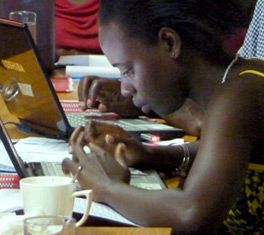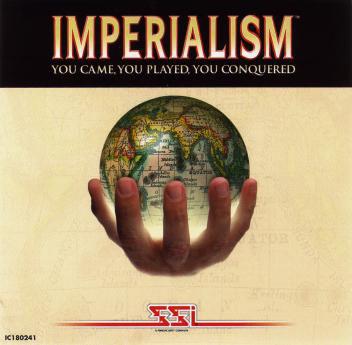 Claire Ighodaro CBE is an Independent Director at the British Council. In this blog post from November 8th, 2011, she writes about the first of a series of projects in a five-year Microsoft-British Council partnership. In the African Digital Schools project, eighty digital hubs using Windows MultiPoint Server will be established at schools in Ethiopia, Ghana, Kenya, Nigeria, Tanzania and Uganda in order to promote ICT use and enhance teaching practice.
Claire Ighodaro CBE is an Independent Director at the British Council. In this blog post from November 8th, 2011, she writes about the first of a series of projects in a five-year Microsoft-British Council partnership. In the African Digital Schools project, eighty digital hubs using Windows MultiPoint Server will be established at schools in Ethiopia, Ghana, Kenya, Nigeria, Tanzania and Uganda in order to promote ICT use and enhance teaching practice.
As a British Council Trustee, I was proud to announce a new international education and training partnership with Microsoft, at the Microsoft Partners in Learning Global Forum 2011 in Washington DC.
The partnership with Microsoft is a perfect match, as it aligns with the British Council’s core mission: to build trust and create opportunities. We do ‘soft power’, to use Joseph Nye’s phrase, and we do it on a vast scale, operating in 110 countries and 191 cities across the globe. In fact, we were recently described in the Huffington Post as ‘probably the world’s best cultural diplomacy agency.’
The first project in this new partnership will provide teachers and learners across Africa with the skills they need to live and work in a global economy. I have seen first-hand the British Council’s education programmes in Africa, and the results of their investment are extraordinary. So I am delighted that the first project in the new British Council – Microsoft partnership will happen in Africa, where we have the experience and connections to work effectively with educators and leaders on the ground to really make a difference.
At the British Council, we work in three areas: English, Arts, and Education and Society. In terms of our reach and impact, we’re the world’s leading cultural relations organisation. Last year, our work engaged more than 30 million people worldwide, and we reached almost 600 million people through digital and broadcast media – approaching one in ten of the earth’s people.
Those numbers are large, but here is an even bigger statistic: three billion people today are under 25. Our common future depends on releasing their potential. This is what is at the heart of our new partnership. We cannot predict what’s ahead, but we know that tomorrow’s world will be complex and fast-changing, and that there will be major challenges ahead.
According to the International Labour Organization, 160 million people worldwide are unemployed. That includes 64 million young people. And yet there is also a huge and growing shortage of people with the skills that the 21st century requires. Global connectivity is rapidly transforming the world, as online and mobile technologies converge. By 2014, there will be 6.5 billion mobile subscribers. That’s more than 90% of the world’s entire population. This new world demands a whole new set of skills.
We need outstanding, energetic young people with the skills to navigate this complex landscape. Alongside competence with IT, they will need superb communication and teamwork skills to understand and work with people in their schools and communities. And just as importantly, they will need the skills to reach out and work with people on the other side of the world.
Where do we begin to address these issues? We believe the answer is through partnerships. We cannot do this alone. We must develop creative new alliances to address our common future, with states, businesses, educational organisations and individuals.
Our two organisations have complementary expertise in technology, education and cultural relations. Our joint expertise forms a solid foundation for a productive, sustainable alliance.
Technology is a tool that, when well used, can improve teaching and learning. But technology is just one piece of a larger solution, supported by progressive national education policies, professional development for educators, and innovations led by teachers on the ground.
This project is not just about wiring schools. It is about ensuring that young people in their communities are equipped with skills that will serve them throughout their lives: leadership, self-confidence, creativity, ambition, and a desire to connect and contribute to the wider world.

.jpeg&w=60&q=100&h=60)




.jpeg&w=60&q=100&h=60)





